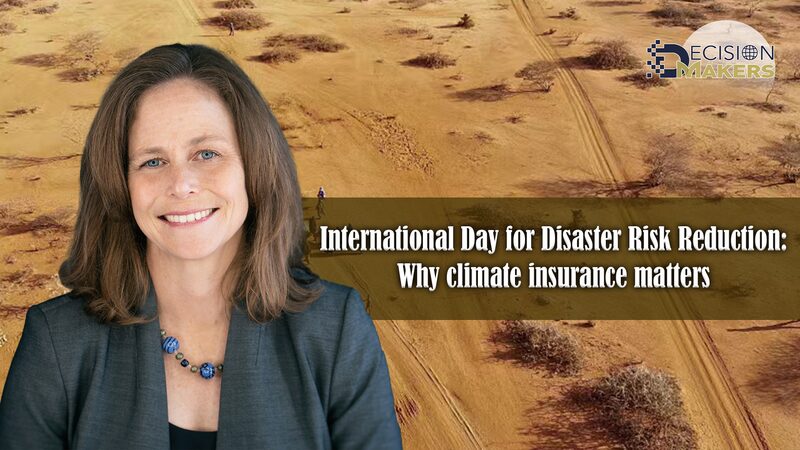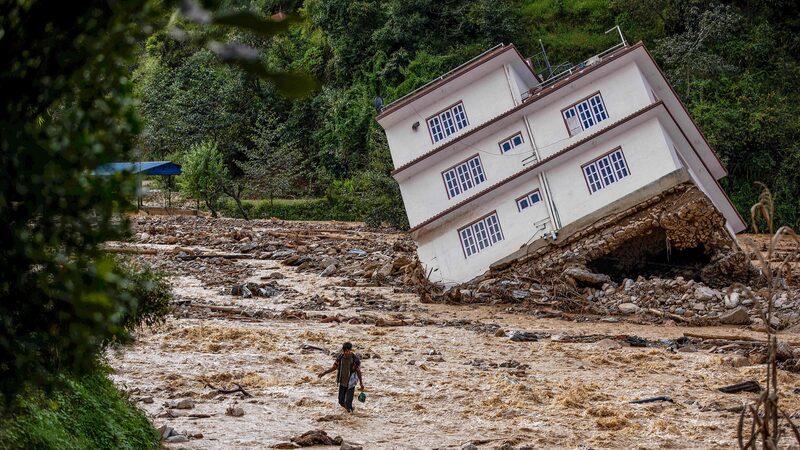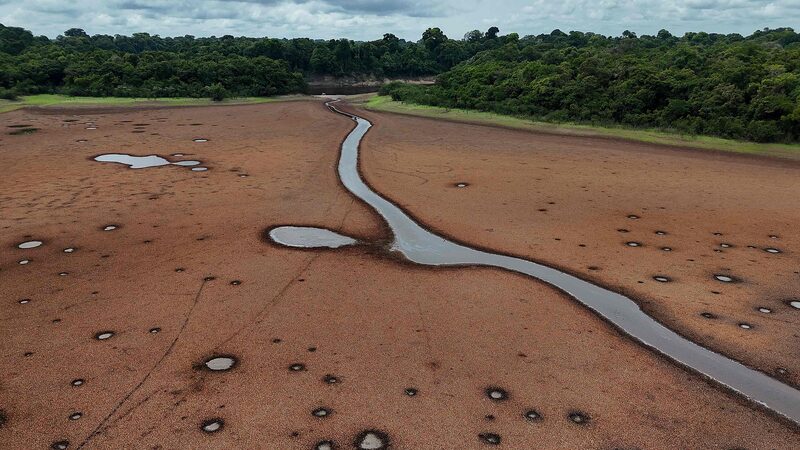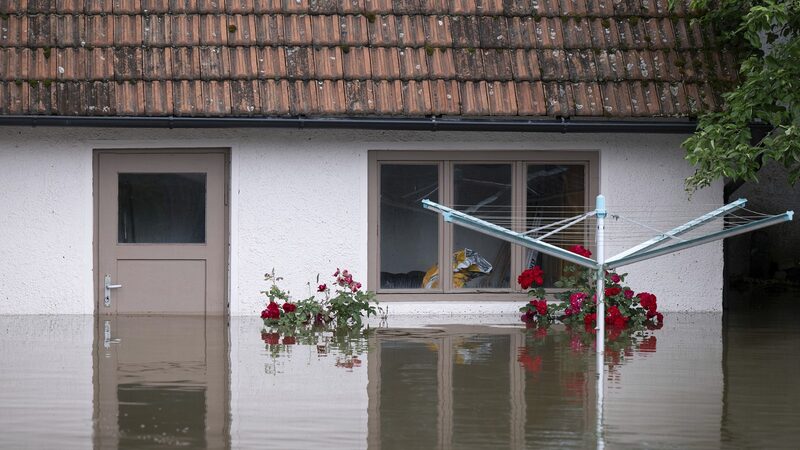As climate change intensifies, Africa faces unprecedented challenges that threaten its food security, livelihoods, and economic growth. The increasing frequency of extreme weather events like droughts, floods, and cyclones disrupt communities and reverse hard-won development gains across the continent.
Over the past 50 years, Africa has experienced more than 1,600 climate-related disasters, resulting in the loss of over 730,000 lives and causing an estimated $5 billion in economic damage, according to the World Meteorological Organization. Recent events, such as Cyclones Idai and Kenneth in Southern Africa and the prolonged drought in the Horn of Africa affecting over 36 million people, highlight the urgent need for proactive solutions.
Many African governments, already stretched thin by recovery efforts from the COVID-19 pandemic and global economic pressures, find themselves reacting to disasters rather than preparing for them. Limited resources mean that relief often comes too late, exacerbating poverty and widening economic gaps.
Climate insurance emerges as a vital tool in this context. By providing governments and communities with financial protection before disasters strike, climate insurance enables quicker response times and supports sustainable recovery efforts. Instruments like risk insurance and contingent credit lines help secure funds in advance, reducing the devastating impact on vulnerable sectors and populations.
Implementing climate risk management strategies not only enhances resilience but also fosters economic stability. With timely disaster relief facilitated by climate insurance, communities can rebuild more effectively, preserving livelihoods and promoting long-term development.
The precarious situation calls for immediate action. Investing in climate insurance is investing in Africa’s future, ensuring that the continent can withstand the shocks of climate change and continue on a path toward prosperity.
Reference(s):
cgtn.com








